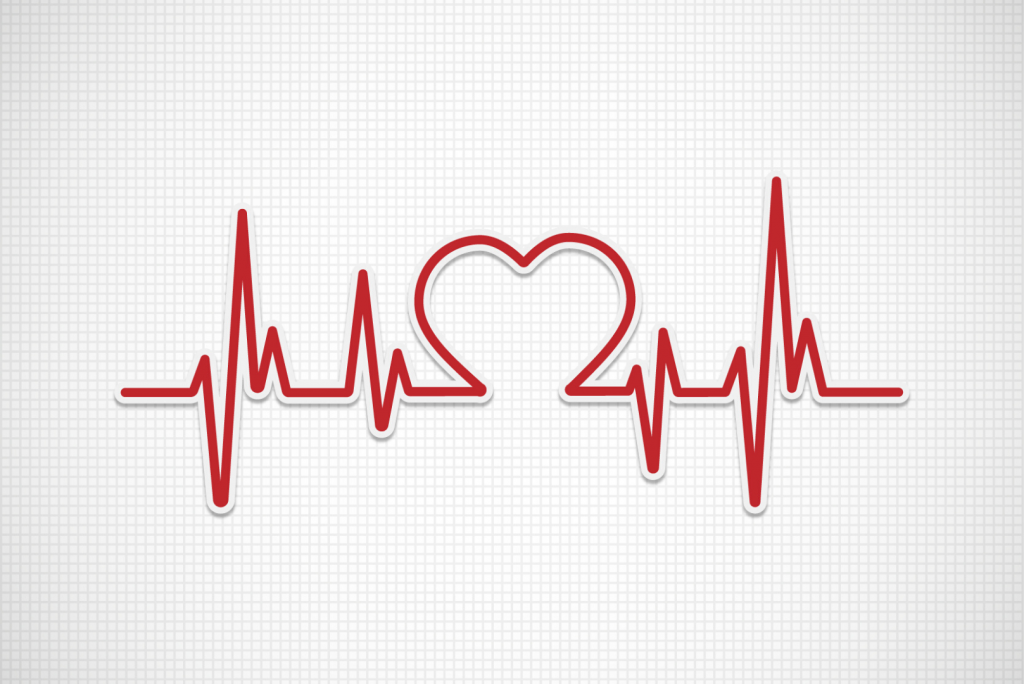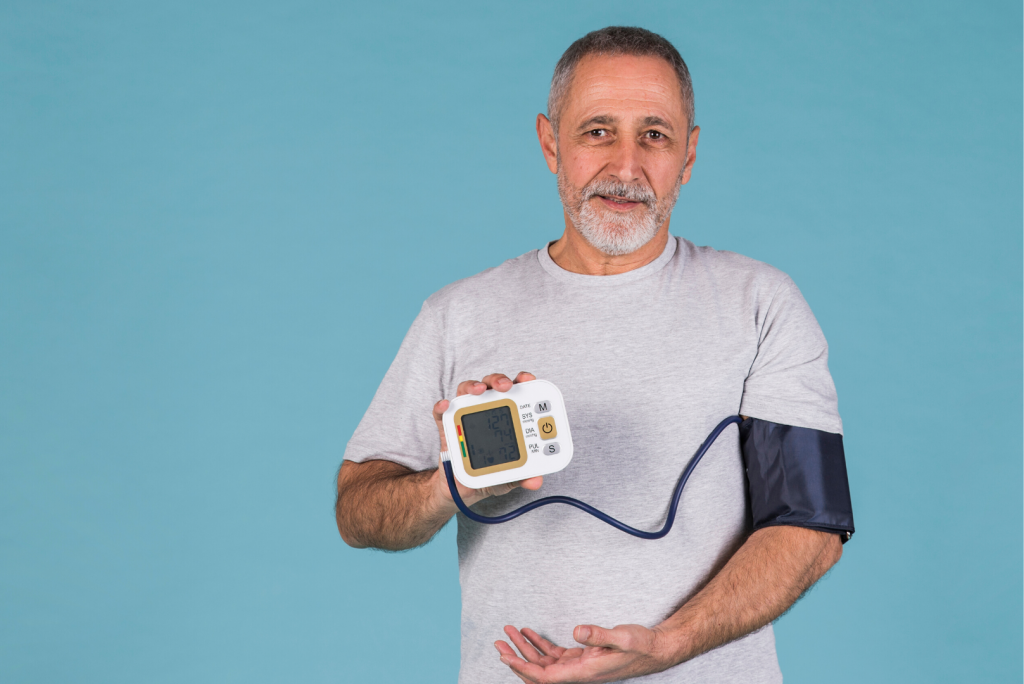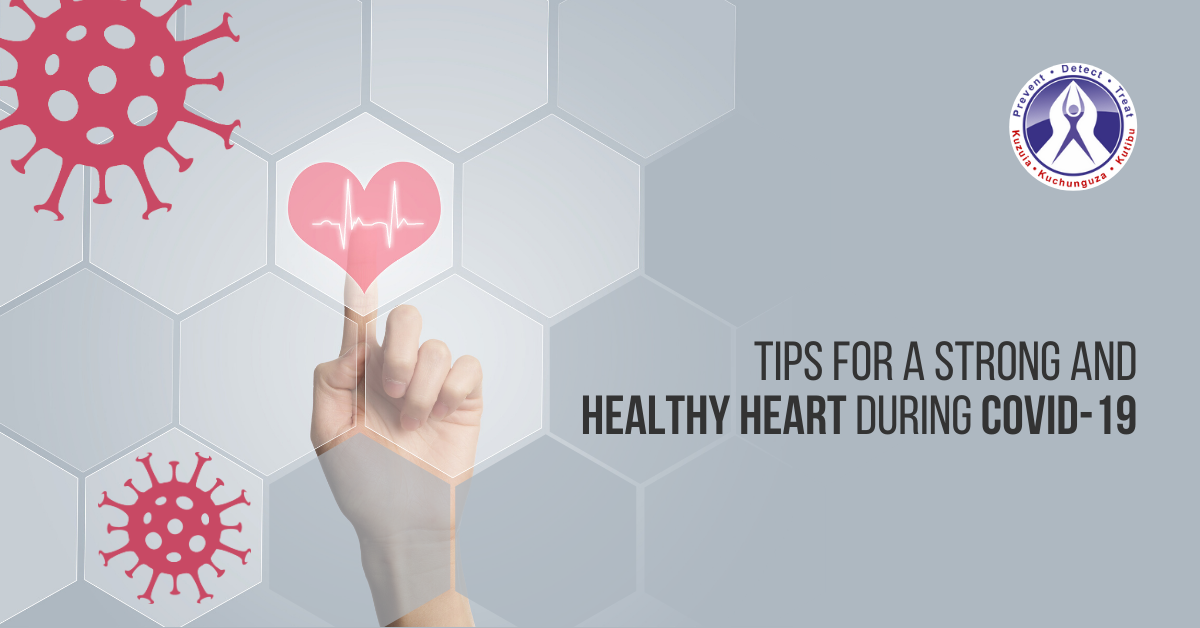Tips For A Strong and Healthy Heart During COVID-19
602 viewsCoronavirus (COVID-19) continues to take a tragic toll on the lives of people across the world. As the rates of coronavirus cases keep rising, people with underlying conditions like heart diseases need to take extra precautions to keep themselves safe. In this blog, we explain whether heart patients are at a higher risk of catching the novel coronavirus infection and share effective tips for a strong and healthy heart during COVID-19 pandemic.
COVID-19 and Cardiology: Are Heart Patients at A Higher Risk of Catching COVID-19?

COVID-19 is a highly infectious respiratory disease that has spread to the entire world within a few months. Considering its infectious nature, every person is equally likely to catch the infection by coming in contact with an infected person or a surface on which the virus has landed.
Once a person contracts the infection, the virus starts attacking their lungs. It is to be noted that this is particularly more risky for people with underlying heart conditions.
When the lungs of an infected person cannot function to full capacity due to the virus, the heart has to function extra hard to pump oxygen-rich blood into the body. This increases the pressure on the heart and this additional stress can lead to severe problems for heart patients.
To summarize, heart patients are equally likely to catch the COVID-19 infection as everyone else. However, the health risks are higher for heart patients after they have contracted the disease. Thus, it is of utmost importance that you take good care of your health, especially your heart health during this pandemic.
Before we go on to share how you can keep a healthy heart during COVID-19, you can find detailed information on the symptoms of coronavirus and how to prevent COVID-19 here.
Useful Tips For A Strong and Healthy Heart During COVID-19
Follow these easy to implement tips for the wellness of your heart and to protect yourself during the coronavirus pandemic:
1. Maintain a routine
Making a schedule for your day and sticking to it is a good way to ensure normality in these difficult times. It is important that you eat all your meals at regular intervals. A regular sleep schedule of seven to eight hours plays a vital role in sound heart health. Take all of your medications timely and in prescribed dosages. Avoid indulging in smoking and/or drinking. Most important of all, try and keep yourself busy in general.
2. Adopt heart-healthy eating habits

Focusing on eating habits is crucial since it helps in boosting the immune system of our body. Below are some tips and suggestions for a diet that ensures a strong and healthy heart during COVID-19:
- Include foods with low-fat proteins in your diet such as seafood, chicken, walnuts, spinach, etc.
- Food items with high-fiber contents like whole grains, wheat cereals, and fresh fruits & vegetables are the most beneficial for improved digestion.
- Limit the incorporation of sugar and refined carbs (soft drinks, white bread, pasta, etc.) in your diet.
- Also, stop the intake of processed food such as pizza, packaged chips, etc. as they have very high salt content which can cause complications for people with heart diseases.
3. Keep yourself active

It’s very easy to fall prey to a sedentary lifestyle during these lockdowns but it can keep you from maintaining a strong and healthy heart during COVID-19. A bit of activity is necessary to keep your mind as well as body fresh. Take some time out of your day and dedicate it to your fitness routine. If you don’t have a fitness routine, take frequent breaks from sitting and stretch your legs out with short walks in or around your house. Make sure to keep your body moving.
4. Stay alert all the time

Try and make arrangements to periodically check your body vitals at home. Keep an eye out for any new conditions or unusual symptoms that your body may show. Always make a prior appointment with your doctor before visiting physically.
5. Stay connected with your loved ones

The COVID-19 pandemic calls for physical distance but not mental and emotional distance. Social distancing and self-isolation may take a toll an individual’s mental health and result in extreme stress, anxiety or depression. Whether it’s by a phone call, video call or social media always stay in touch with your family and friends circle and connect with them.
6. Stock up on medicine and other essential goods
Frequently stepping out of the house may prove to be very dangerous in times like these, especially for people with heart problems. Try and maintain at least two weeks’ worth of stock of medical and other essential supplies at home. Elderlies should ask for safe deliveries as often as possible.
COVID-19 and Heart Patients: Frequently Asked Questions
In this section, we answer the common questions that heart patients may have during the coronavirus pandemic.
1. What should I do if I think I am developing symptoms of heart disease?
You should consult your family doctor immediately. If your doctor recommends you to get diagnosed, you must only visit the diagnostic centers that follow the safety precautions issued by the Centre for Disease Control.
2. Can the virus infect an implanted device?
Currently, there is no data or evidence that indicates that the virus infects implanted devices such as pacemakers and cardioverter-defibrillators.
3. Should I make any changes in any of my heart medication doses?
Stopping any medication or making changes in your current dosage can turn out to be very critical for your health. These prescribed drugs are vital for your heart health and to help prevent a heart attack or your stroke. Make sure to check with your medical team or doctor before changing medication as it may worsen your heart condition.
4. Should I continue with my scheduled appointments or should I avoid visiting medical centers and hospitals?
If your hospital still provides the service of outpatient appointments, it might be better for you to contact them and ask if the scheduled appointment is avoidable. Alternatively, you can schedule an appointment using the means of telemedicine such as online video chat or over a phone call. Yet, there may be certain situations where a face-to-face meeting is required and you should not miss any visit without consulting your medical care team or your doctor.
5. Is it safe for me to go outside if I avoid crowded areas?
Yes, it is safe for you to go outside by yourself. An individual can catch the virus from another infected person which is why it is absolutely important for you to avoid contact with anybody who might be ill. When you do have to step out of the house, make sure you wear a mask, carry an alcohol-based sanitizer to clean hands frequently and maintain a distance of at least 2 meters from everyone in all directions.
Conclusion
Since we don’t know exactly how long this pandemic will last, you must eat right and do moderate exercise regularly to maintain a strong and healthy heart during COVID-19. Keep monitoring your blood pressure and glucose levels. If you experience anything unusual, contact a trusted cardiology specialist at once.
Doctors, nurses, and support staff at Regency Medical Center are working 24 hours to ensure our patients’ emergency needs are taken care of. We are there to help the people of Dar es Salaam with medical emergencies. Contact us here for any COVID-19 related issues or you can call the emergency staff on +255 765 835 950.


